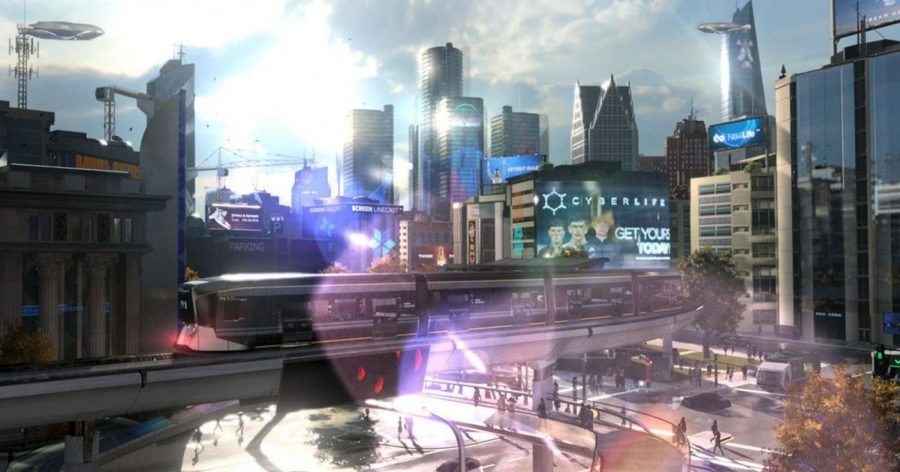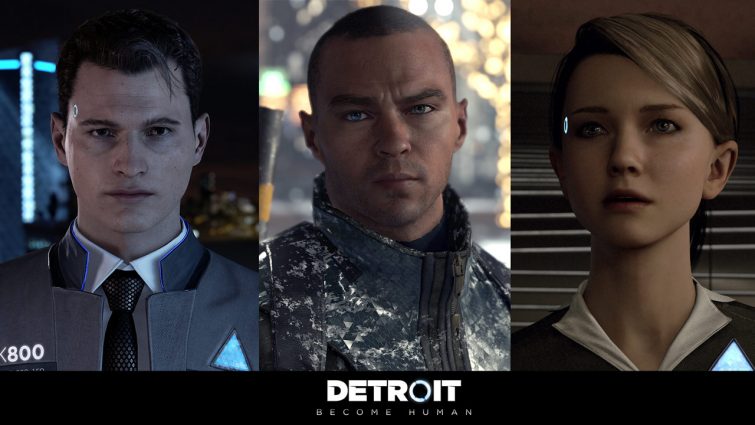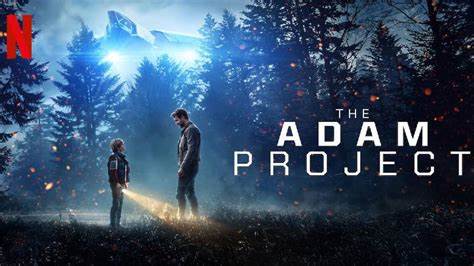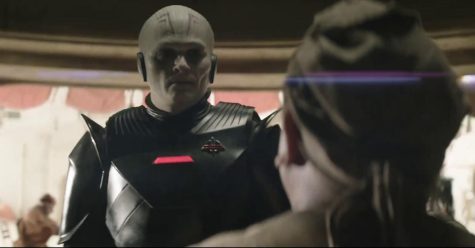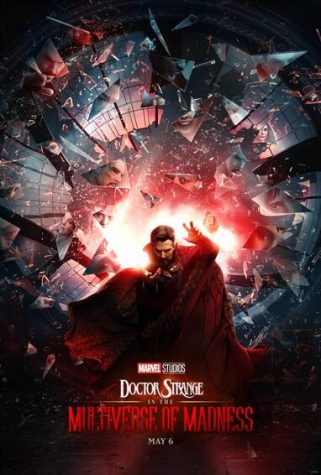“Detroit – Become Human”: 1,000 possibilities of android supremacy
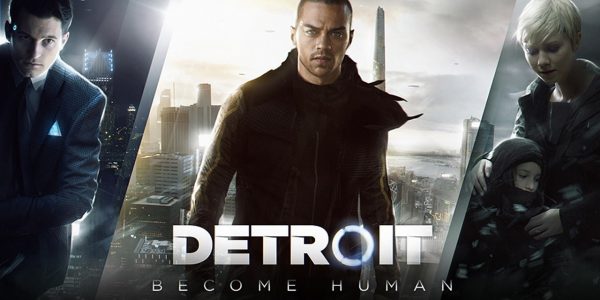
Will robots someday rebel against their creators and destroy human civilization?
If you have been wondering about that question for who knows how long, Detroit: Become Human is a perfect game to present you a unique perspective on such a story – not from the perspective of humans, but from the perspective of three androids that struggled to gain their liberty.
The story begins in the city of Detroit, a city where past and future are connected. Humans have become creators of machines that both physically and intellectually surpass us.
These machines replace almost all the primary workforce, including maids, waitresses, construction workers and even military forces. The result of such massive replacement is an unemployment rate of 39%, creating both gaps between the poor and the rich and gaps between the poor and the android.
“An Android has stolen my job” was the quote they proclaimed. However, envied for their works, androids do not really feel happy or satisfied, for they are designed to feel no emotion but work like slaves.
This begins to change, when a mysterious symbol joins the game – RA9. From the perspectives of three Android: Kara, Connor and Markus. They were previously family maids, police assistants, or a servant to a painter. Throughout the game process, they gradually develop their emotions, leading to a magnificent change to the corrupt world.
The adventure game was released on May 25, 2018, by Quantic Dream video game company. The company is best known for its facial motion capture technology, and Detroit is a huge step even further from its previous games.
The game screen is so delicate, that many consider it to be not game, but film. However, is there a movie that can grant its audiences 1,000 endings to choose from?
That is right. The game has 1000 endings the players can discover. Every single action of the three characters in the game can greatly affect the process and the plot of the game. Receiving a 9.4 out of 10 points on IMDb, the game has won the favor of almost every player who has played the game, and has painted a remarkable press on the history of game development.
However, succeeding upon its game plot, the game was also criticized for its story writing reflecting upon the Civil Rights movement. Others consider it to be unreal and not plausible.
But how does this matter? The game has provided its players a brilliant gaming experience along with an unique viewpoint to the topic of conflict and peace between Androids and Humanoids. Focusing too much on the possibility of the fiction fitting into the reality would defeat its fundamental purpose of bringing joy to its players, wouldn’t it?


